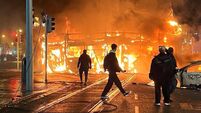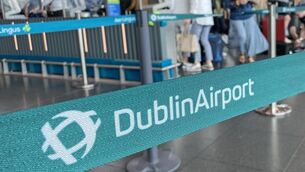Irish Examiner view: The anonymity of teenagers appearing in court may be coming to an end

There are sound reasons to protect the identity of young perpetrators — they are children, often with mental health issues, sometimes from chaotic backgrounds — but there is decreasing public patience with these arguments. Picture: iStock
Depressingly, a cafe and a supermarket were attacked in what has been represented as violence against the Muslim community. There were also demonstrations at hotels used for asylum seekers. Tricolours were among the union flags at an anti-Islamic march which was joined by a delegation, said to be from Coolock, scene of anti-immigrant protests.
















